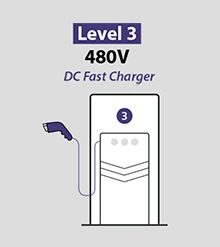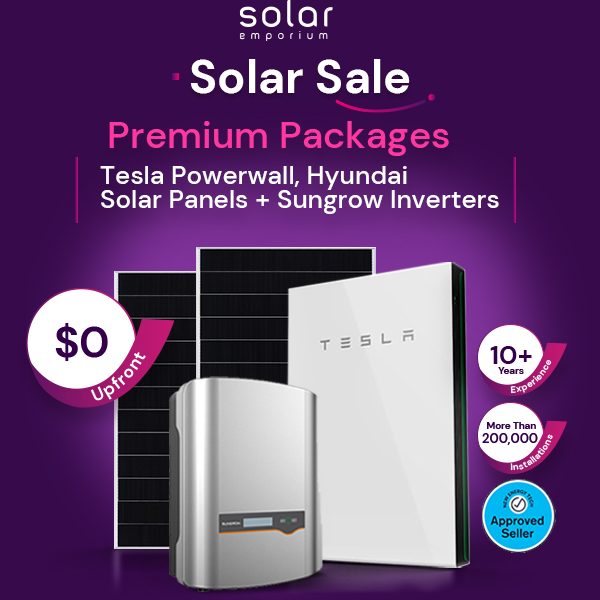Pit stop for EV owners
Solar Battery Rebates & Programs are currently available throughout New South Wales and Victoria. Speak with a battery expert to find out more and check your eligibility.

Charging your dreams

Households across Australia are looking to invest in batteries or Electric Vehicles to utilise the excess electricity their solar system produces during the daytime.

Australia is gradually seeing an increased uptake in Electric Vehicles (EVs). EVs have already attained price parity with petrol vehicles in terms of both upfront cost and range.

However, as opposed to filling up the tanks of a petrol car, EVs require a longer charging period to run these cars, also known as charging speed.

EV owners find it very lucrative to invest in these vehicles due to several reasons such as reduced fuel costs, lower maintenance costs, reduced air pollution etc.
What is an EV charger
- EVs utilise EV chargers to ideally top up the battery, which determines the range of the vehicle. There are currently three types of EV chargers in the market.
- These can be installed in homes, apartments, shopping centres, commercial premises.
- Some of the standard EV chargers currently available are Tesla, Jet Charge etc

Types of EV Chargers

- Slowest
- Least expensive
- It can be connected to an existing power outlet
- Between 10 – 20 kms range per hour plugged in

- Dedicated AC EV charger
- Up to 7 kW
- Up to 40 kms of range per hour plugged in

- Dedicated DC EV charger
- Between 25 kW to 350 kW
- Between 150 – 400 kms of range per hour plugged in
Want to know more about EV Chargers?
By submitting this form, you agree to be contacted by our Cyanergy team member and receive communications from time to time. Please view our privacy policy for further information.
Can Solar Charge Your Car?
In simple words, yes. Charging your car from solar can be very lucrative to a vast range of customers due to the declining feed-in tariff rates.
Many Australian households produce more electricity than they utilise. This behaviour results in these households exporting more to the grid at a bare minimum rate of 10 cents.
Benefits of Using a Solar Powered EV Charger
- Lower cost of electricity: Utilising the excess electricity produced by your solar system is far cheaper than charging your EV from the grid. It is practically free electricity. With the rapidly declining feed-in tariffs, this can result in significant savings for solar system owners.
- Zero emissions: Charging your EV with your solar system that produces no emissions can reduce your carbon footprint and help you do one good for the environment as opposed to charging from the grid, which is predominantly fossil fuel powered.
- Higher efficiency: Solar EV chargers are highly efficient due to the absence of lengthy power cables that can result in cable losses which would be the case if you are charging from the grid.

How Many Panels Do You Require to Charge Your Car?
Our Solution?
If you are an EV owner and looking forward to installing a solar system, we would highly recommend you to explore our EV charger integrated solar inverters.
We mainly deal with Solar Edge EV charger integrated solar inverters.
These inverters are flexible for adding the EV chargers in the future for potential customers looking to buy an EV later down the road.

Types of Adapters
There are two types of adapters when it comes to Electric Vehicles
- Type 1
- Type 2
We cater to both these segments, and our EV charger solutions also come with monitoring in an app where you also have the liberty to schedule charging during an off-peak period.
Type 1
- 5 pin design
- Less common
- Single-phase charging

Type 2
- 7 pin design
- Used in most EVs, including Tesla
- Three-phase compatibility




